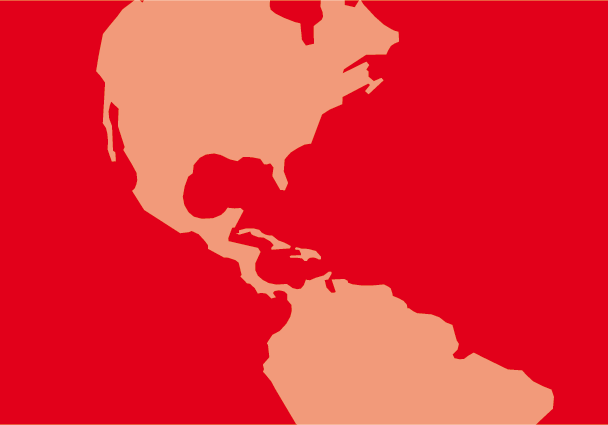
Colombia: no guarantee of the right to reparation
On the eve of the adoption by the Colombian Congress of the so called Justice and Peace bill, the Colombian Commission of Jurists analyzes the articles contained in it.

On the eve of the adoption by the Colombian Congress of the so called Justice and Peace bill, the Colombian Commission of Jurists analyzes the articles contained in it.
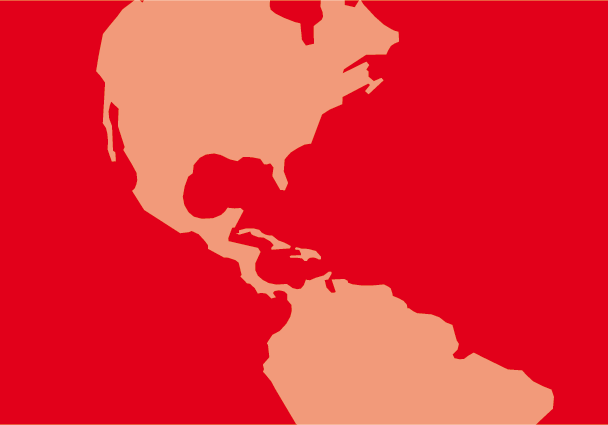
The ICJ welcomes the ruling by the Supreme Court of Argentina that declared unconstitutional the amnesty laws that shielded human rights violators.
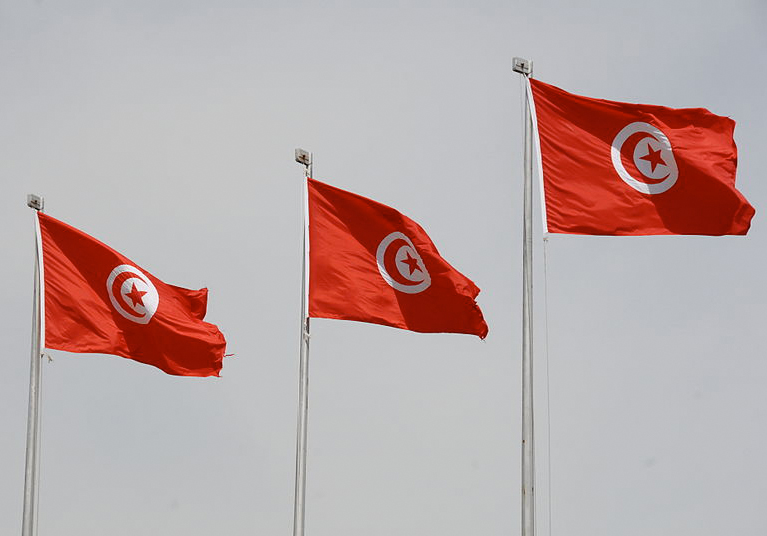
La CIJ et la FIDH expriment leur consternation à l’annonce de la confirmation, par la Cour d’appel de Tunis, de la condamnation de Maître Abbou à 3 ans et demi de prison.

The ICJ and other rights groups launched a complaint in the UK and Australia against Global Solutions Ltd. (GSL) for complicity in serious human rights violations in Australian immigration detention centres.
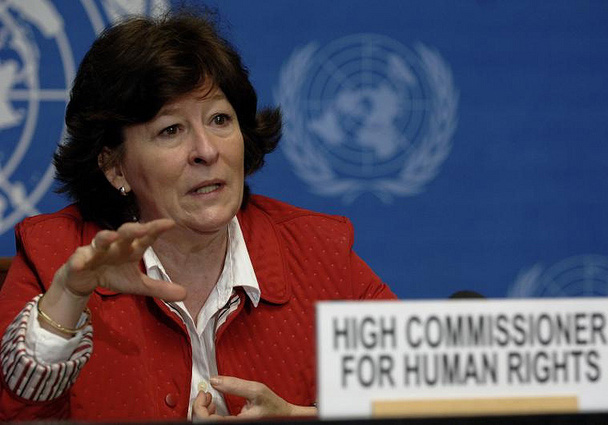
The ICJ today called on states to provide the political and financial support necessary for the UN High Commissioner for Human Rights, Louise Arbour, to turn into reality her creative human rights vision for the Office of the High Commissioner for Human Rights (OHCHR).
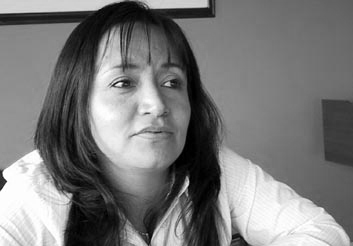
La CIJ manifiesta su más alta preocupación frente a las recientes amenazas de muerte contra la abogada Soraya Gutiérrez Arguello, Presidenta de Colectivo de Abogados “José Alvear Restrepo”.